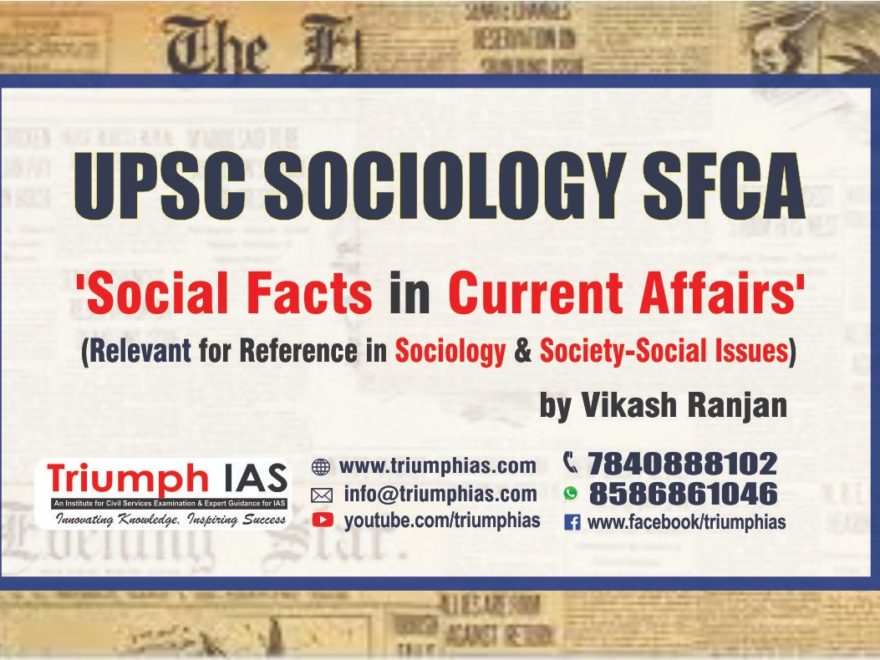COVID-19 will fundamentally transform the world as we know it: the world order, its balance of power, traditional conceptions of national security, and the future of globalisation. The lethal combination of an interconnected world and a deadly virus without a cure is taking humanity into uncharted waters. When we emerge from the lockdown, we must be ready to confront new political and social realities.
Crumbling world order
The rampant spread of COVID-19 is also a failure of the contemporary world order and its institutions. The contemporary global order, whatever remains of the institutions created by the victors of World War II, was a hegemonic exercise meant to deal with isolated political and military crises and not serve humanity at large. COVID-19 has exposed this as well as the worst nativist tendencies of the global leadership in the face of a major crisis. That the United Nations Security Council took so long to meet (that too inconclusively) to discuss the pandemic is a ringing testimony to the UN’s insignificance.
Coronavirus | Will COVID-19 affect the course of globalisation?
Regional institutions haven’t fared any better. Prime Minister Narendra Modi’s SAARC initiative, curiously resurrecting a practically dead institution, was short-lived. The EU, the most progressive post-national regional arrangement, stood clueless when the virus spread like wildfire in Europe. Its member states turned inward for solutions: self-help, not regional coordination, was their first instinct. Brussels is the loser.
All this is indicative of a deeper malaise: the global institutional framework is unrepresentative, a pawn in the hands of the great powers, cash-strapped, and its agenda is focused on high-table security issues. The global institutional architecture of the 1940s cannot help humanity face the challenges of the 2020s. Nothing less than a new social contract between states and the international system can save our future.
Coronavirus | Opeds and editorials
Neoliberal economic globalisation will have taken a major beating in the wake of the pandemic. Economists are warning of a global recession. Even as the virus is pushing back the ‘successes’ of neoliberal globalisation, globalisation’s political counterpart is found wanting in dealing with the situation. The first instinct of every major economy was to close borders, look inwards and localise. The pre-existing structural weakness of the global order and the COVID-19 shock will further feed states’ protectionist tendencies fueled by hypernationalism. A more inclusive global political and economic order is unlikely any time soon, if ever. Instead, as former National Security Adviser Shivshankar Menon warns, “we are headed for a poorer, meaner, and smaller world.”
The ability of big corporations to dictate the production, stocks, supply chains and backup plans will be limited by increased state intervention to avoid unpredictable supply sources, avoid geopolitically sensitive zones, and national demands for emergency reserves. The profits of big corporations will reduce, and the demand for stability will increase.
Some would gladly argue all this could potentially mean a retreat from hyperglobalisation and its attendant flaws. However, the assumption that COVID-19 will bring about a more balanced and inclusive form of economic and political globalisation is perhaps misplaced. State intervention in economic matters and protectionism are the easy way out, and that’s precisely what states will do once the crisis is over. It would be return of the ‘Licence Raj’ through the backdoor, not a push for inclusive and responsible globalisation with its associated political benefits.
Coronavirus | Beyond social distancing to fight COVID-19
The state has failed in its inability to save us from the pandemic notwithstanding its tall claims about national security preparedness. And yet, the state has returned, with more power, legitimacy and surveillance technologies. In fact, the nervous citizenry will want the state to be omnipresent and omnipotent, no matter the consequences. The state, which was losing its influence to global economic forces, will return as the last refuge of the people in the coming age of mass disruption.
With the severe beating that globalisation has taken, state-led models of globalisation and economic development would be preferred over (big) corporates-led globalisation. Will this enable some positive controls over the inherent deficiencies of globalisation? We will have to wait and see. But the more important question is whether the state has any incentive to take on big capital. Given the symbiotic relationship between the state and big capital, states have become used to protecting the interests of their corporations, often at the cost of the general public. Consider, for instance, that the first response of many Western states was to protect their capital markets than be concerned about public health.
New-age racism
Yet another undesirable outcome of the pandemic would be a spike in various forms of discrimination. Globally, societies could become more self-seeking and inward-looking leading to further pushback against liberal policies regarding migration and refugees. New questions are likely to be asked about the source of goods. More stringent imposition of phytosanitary measures by advanced states on products emanating from the less developed countries might become the new normal. Lockdowns and travel restrictions could potentially legitimise the rhetoric around border walls in more conservative countries. Tragically, therefore, while one answer to global pandemics is political globalisation, COVID-19 might further limit it.
Coronavirus | African nations, U.S. decry racism in Guangzhou
Within India too, there could be a trend towards discrimination, with ‘social distancing’ producing undesirable social practices. That a Manipuri woman was spat on in Delhi by a man who called her “coronavirus”, and gated communities have discriminated against those in COVID-19 quarantine, indicate a new age of discrimination. Puritan claims based on birth and class and the associated declarations about hygiene could become sharper. The more the virus persists, the deeper such practices would get. We already know what these practices feel like; it can only get worse from here.
